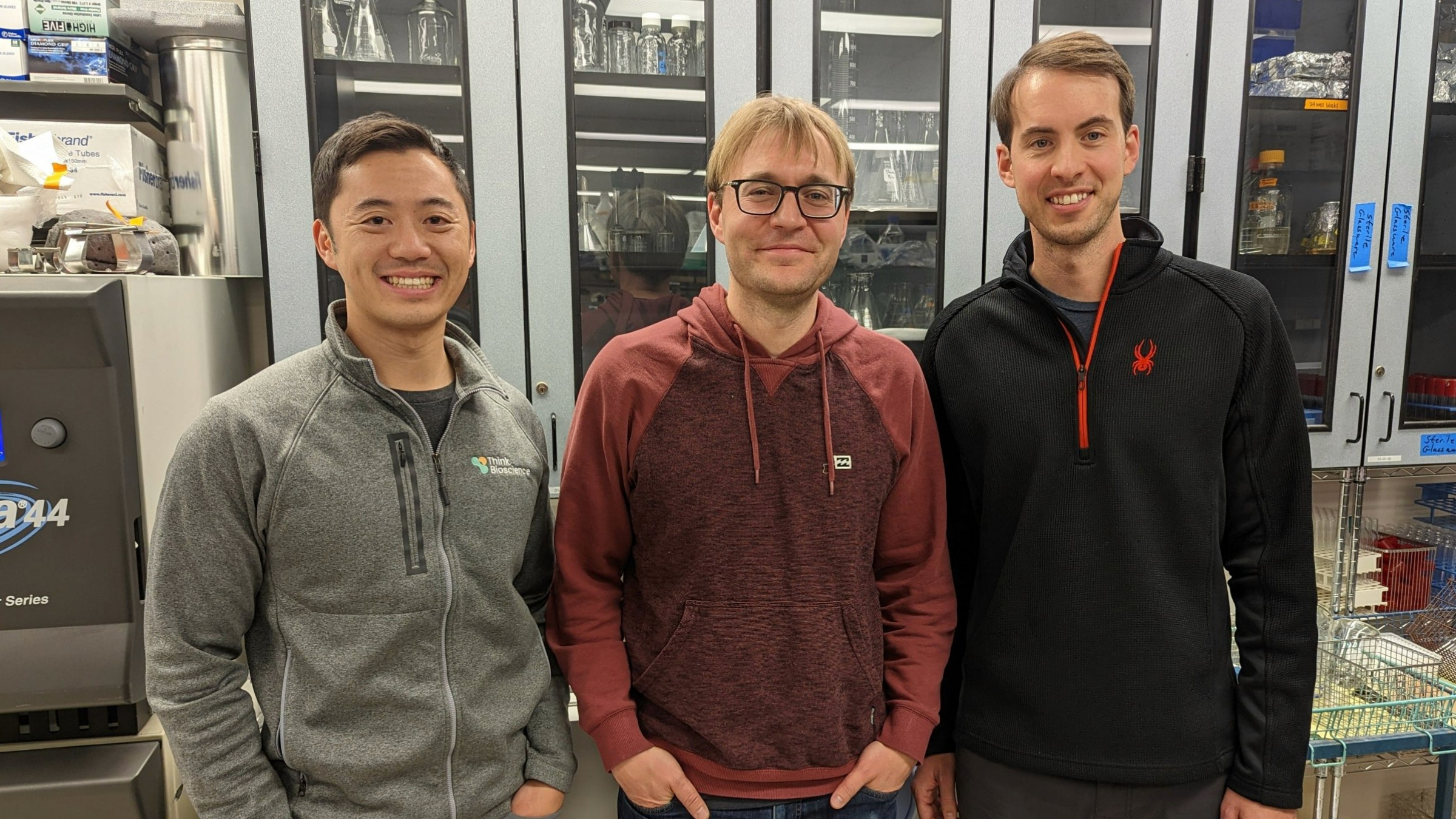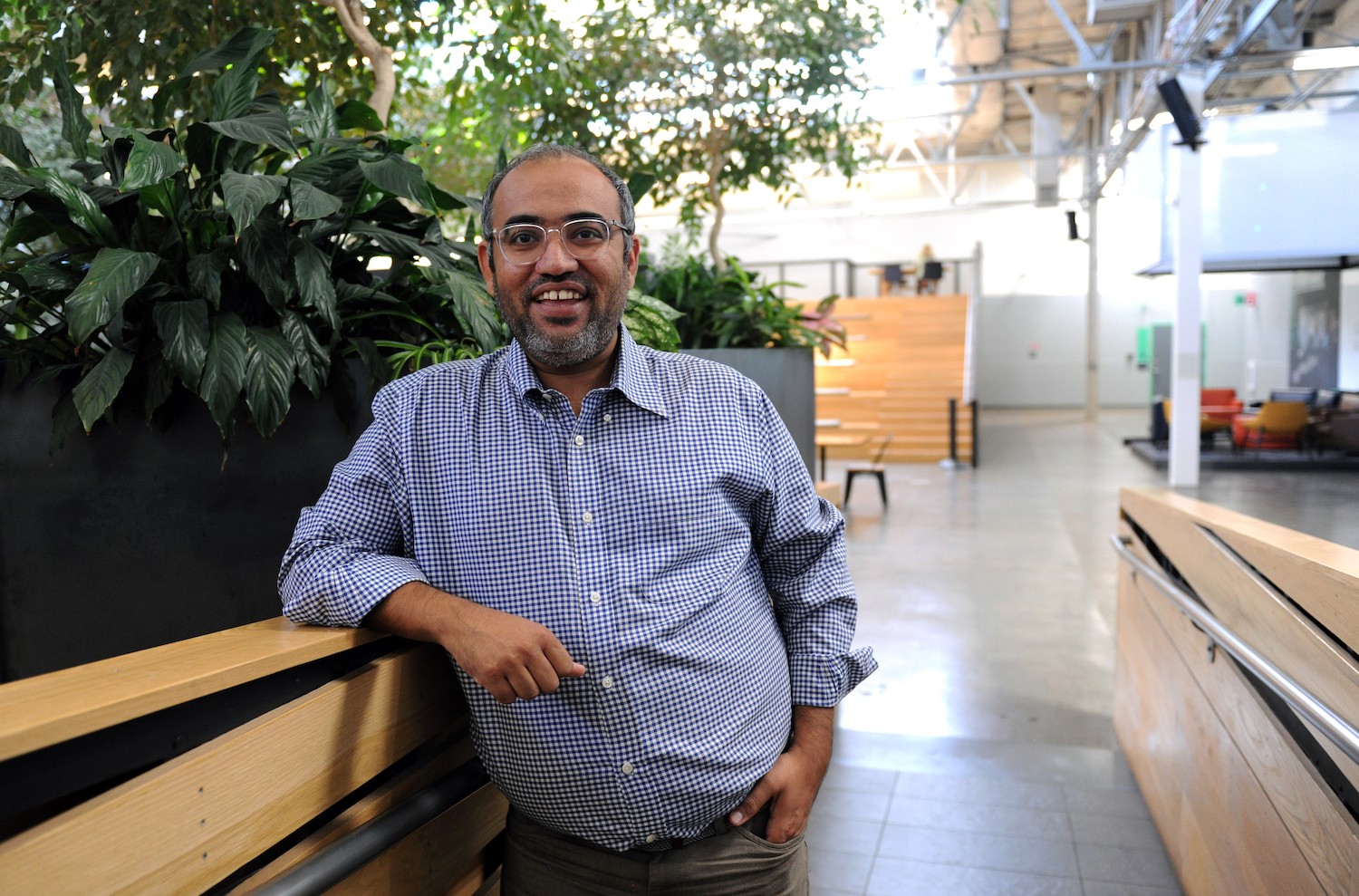Biomanufacturing Scale Up
The Tools, Challenges, and Future Uses for Renewable Bio-based Materials
In synthetic biology, the term biodesign describes the many layers of the process by which new bio-based products are innovated. Not only does this process involve the design and engineering of microbes to generate valuable raw materials, but also molding of those materials into products for the medical, biotech, consumer, and other spheres. As synthetic biology expands its reaches, an ever-broader range of industries are being impacted by the fruits of biodesign. SynBioBeta has recruited a diverse group of speakers to discuss the tools, challenges, and future uses for renewable bio-based chemicals and polymeric materials, with experience in applications ranging from defense to fashion. Read on to learn more about the biodesign panelists and their backgrounds.Petra Oyston is a Principal Scientist in the Defence Science and Technology Laboratory, an executive agency sponsored by the UK’s Ministry of Defence. She is responsible for leading her department’s efforts to apply synthetic biology in order to address challenges in security and defense. In particular, she investigates how microbes can be harnessed to synthesize novel compounds and materials that have important defense functions. During her tenure at DSTL she has also investigated high biocontainment pathogens that represent potential biothreat agents. Before joining DSTL, Oyston received her bachelor’s degree in Bacteriology and Virology followed by her PhD from Manchester University and served as a post-doctoral researcher at the University of Florida.Natsai Chieza is the Founder and Creative Director of Faber Futures, a London-based design firm. Her firm’s flagship exhibition consists of textiles that are screen printed with natural dyes produced by bacteria. Chieza also holds the title of Resident Designer at the Department of Biochemical Engineering within University College London. It is through collaboration with Professor John Ward’s lab at UCL that she has developed biosynthetic dyes with the goal of revolutionizing the textile and downstream fashion industries. Chieza has served as a design consultant for Microsoft, Nissan, Unilever, and EDF Energy. She holds two master’s degrees in design from the University of Edinburgh and the University of the Arts London. Li Teng is the CEO of BluePHA, a Beijing-based startup founded out of Tsinghua University that uses microbes to produce the company’s namesake: polyhydroxyalkanoates, or PHAs. PHAs are naturally-occurring polyesters that can be fermented and harvested from bacteria to produce a wide variety of biodegradable plastic materials. According to BluePHA, the company’s use of seawater in a continuous open fermentation dramatically reduces production costs for this green alternative to petroleum-based plastics. BluePHA’s CEO Teng is currently a PhD student in the lab of Professor Chen Guoqiang, who is also a member of the company’s leadership team.Joanne Channon is a program manager at Cambridge Consultants, a leading provider of consulting services for product development in engineering and technology. Joanne holds her PhD in Biophysics from the University of Cambridge and has worked as an engineer for Cambridge Consultants for more than five years. Channon, whose background includes research into DNA sensing technology in the form of optical tweezers, has a particular interest in synthetic biology. Her expertise lies in the holistic development of medical and consumer devices.Tessa Callaghan is a co-founder of AlgiKnit, a startup dedicated to creating sustainable and biodegradable clothing using algae based materials. Her New York-based company aims to transform footwear and apparel by producing textiles from naturally-occurring polymers. AlgiKnit was born from the winning team of the 2016 BioDesign Challenge. Callaghan herself has a Bachelor of Fine Arts degree from the Fashion Institute of Technology in New York, where she specialized in knitwear. She has since worked as a knitwear designer at a number of firms, including Final Frontier Design where she helped innovate anti-gravity compression pants for astronauts and medical patients.




















